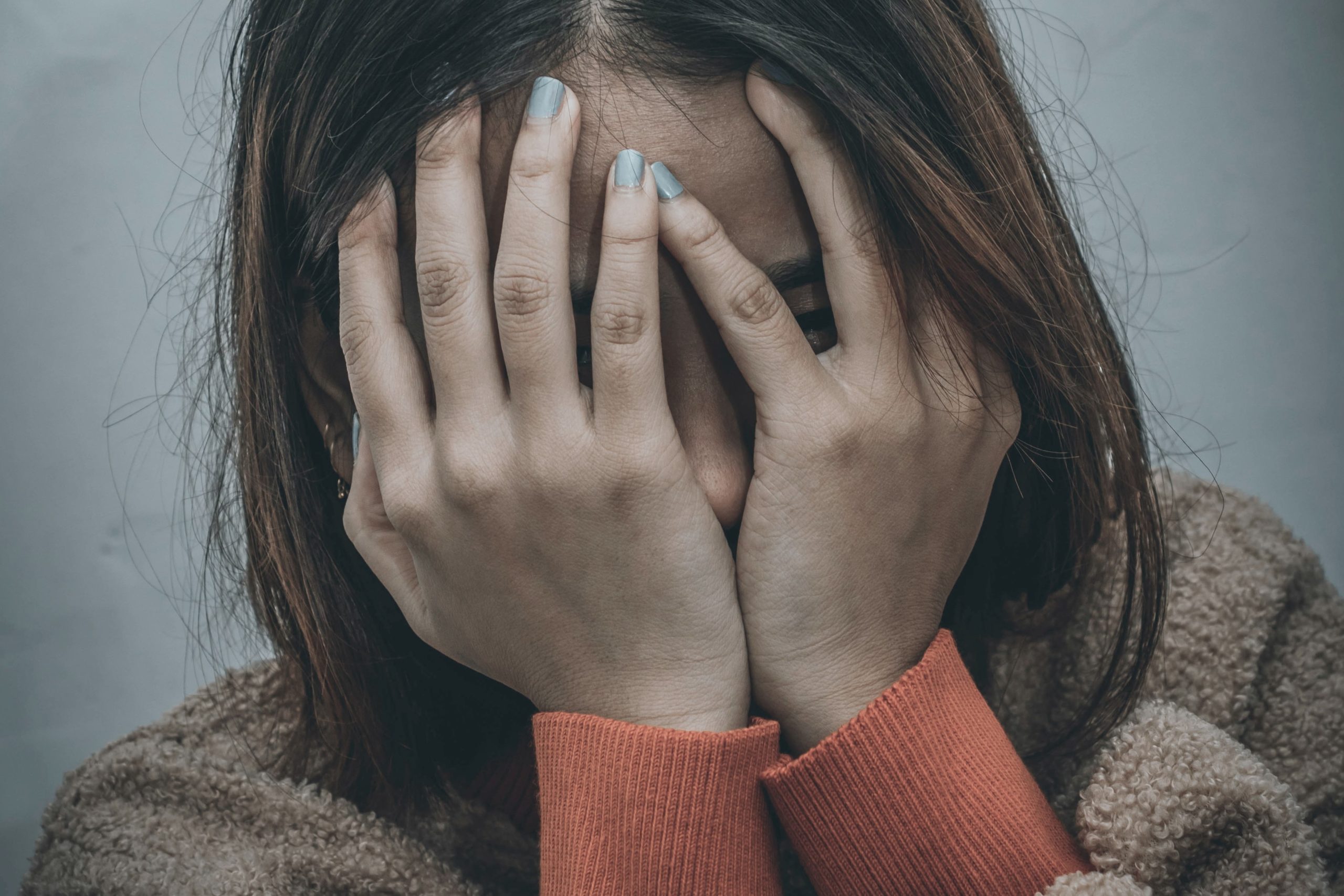Can Anxiety Kill You?

Anxiety is a powerful emotion but it can also be an illness. If you're like most people, your mind races when anxiety strikes. You worry about the things that could go wrong and the impact those problems could have on your life. It's hard to think straight when your mind is in chaos. Or it can even make you feel like you're about to crumble at any moment.
Anxiety, for some people, is manageable and does not impact their daily routine. However, for others, anxiety might be incapacitating. It can keep you from doing things you want to do, or make everyday tasks feel impossible. And if left untreated, anxiety can become a serious problem.
Contact Us Today for a Confidential Assessment.
Call (877) 959-5909 Now to Speak with a Specialist
So what happens when anxiety gets too strong? Can it kill you?
In this blog post, we will answer the question: Can anxiety kill you? We'll explore this topic and its potential effects on your health. We'll also provide some tips for managing anxiety so that it doesn't take over your life.
Can You Die From Anxiety?
You're having an anxiety attack and it feels like you're going to die from the experience. Your heart is racing, you can't breathe, and you feel like you're going to pass out. It's a scary feeling, but the truth is, it's not deadly.
No, anxiety itself cannot kill you. It is not lethal. However, there are some potential complications of anxiety.
While anxiety itself doesn't pose a direct threat to your life, the things that often come along with it can lead to health problems that may eventually result in death. In the next section, we will talk about some of the associated health risks of anxiety.
How Anxiety Can Affect Your Health
So, while anxiety itself may not be deadly, it can certainly pave the way for more serious health concerns. If you do not address your anxiety, it can lead to:
Sleep Problems
Anxiety can also make it difficult to get a good night's sleep. This is because anxiety can cause racing thoughts and make it hard to relax. As a result, you may end up feeling exhausted during the day. This can lead to a whole host of other health problems, including depression, anxiety, and even heart disease.
Chronic Stress
Stress and anxiety are closely related. When you're anxious, your body goes into fight-or-flight mode. This means that your body releases stress hormones, such as cortisol. These hormones are meant to help you deal with a stressful situation, but they can take a toll on your body if they're constantly being released. Chronic stress can lead to a number of health problems, including heart disease, sleep problems, and depression.
Immune System Problems
If you suffer from anxiety, you may also have a weakened immune system. Having unhealthy eating habits, lack of sleep, and stress can all contribute to a weaker immune system. This means you're more likely to get sick and have a harder time fighting off infections.
Obesity
People who suffer from anxiety are also more likely to be obese. This is because anxiety can lead to unhealthy eating habits. When you're anxious, you may turn to comfort foods or overeat in general. This can lead to weight gain and an increased risk for obesity-related health problems, such as diabetes.
Heart Disease
Anxiety can cause high blood pressure and irregular heartbeats. Over time, this can increase your risk for heart disease. Heart disease is one of the leading causes of death in the United States, so this is not a health risk to take lightly.
Substance Abuse and Overdose
Anxiety can also lead to substance abuse. People who suffer from anxiety may turn to drugs or alcohol in an attempt to self-medicate. This can lead to addiction and other serious health problems
Some of the most abused drugs in the United States are anti-anxiety medications like Xanax and Klonopin. These drugs are meant to be taken short-term, but people often abuse them for long periods of time. This can lead to tolerance, dependence, and addiction. People who abuse these drugs are also at risk for overdose. In fact, around 16% of opioid-related overdose deaths also involved benzodiazepines in 2020.
Get Help for Anxiety and Substance Abuse in California
If you're struggling with anxiety, we encourage you to reach out to a mental health professional. They can help you understand your anxiety and develop a treatment plan to manage it.
Understanding how anxiety works and how it can hurt your body is an important step in learning how to manage it.
If you are currently using anti-anxiety medications and you feel like you may be addicted, please reach out for help. We offer personalized treatment plans for co-occurring disorders like anxiety and substance abuse.

